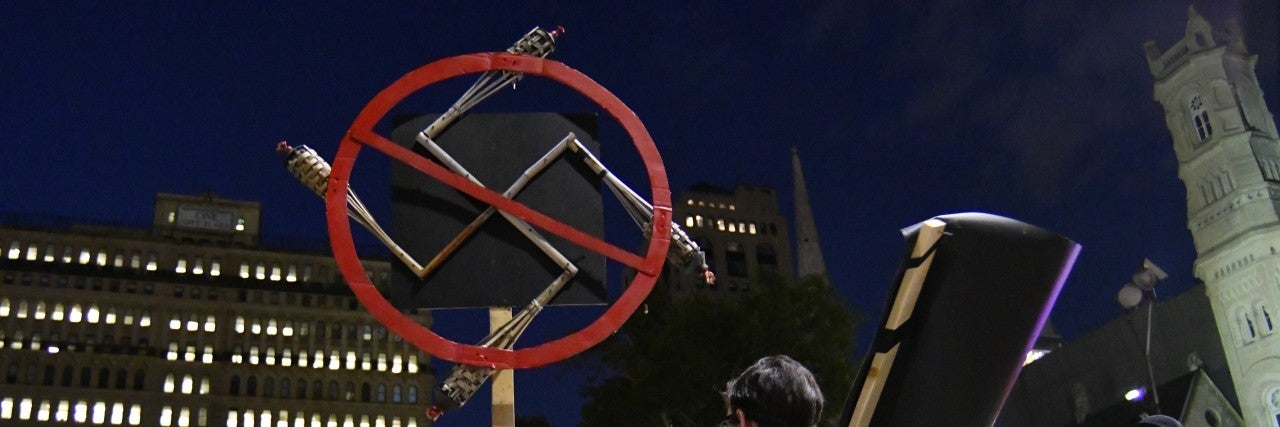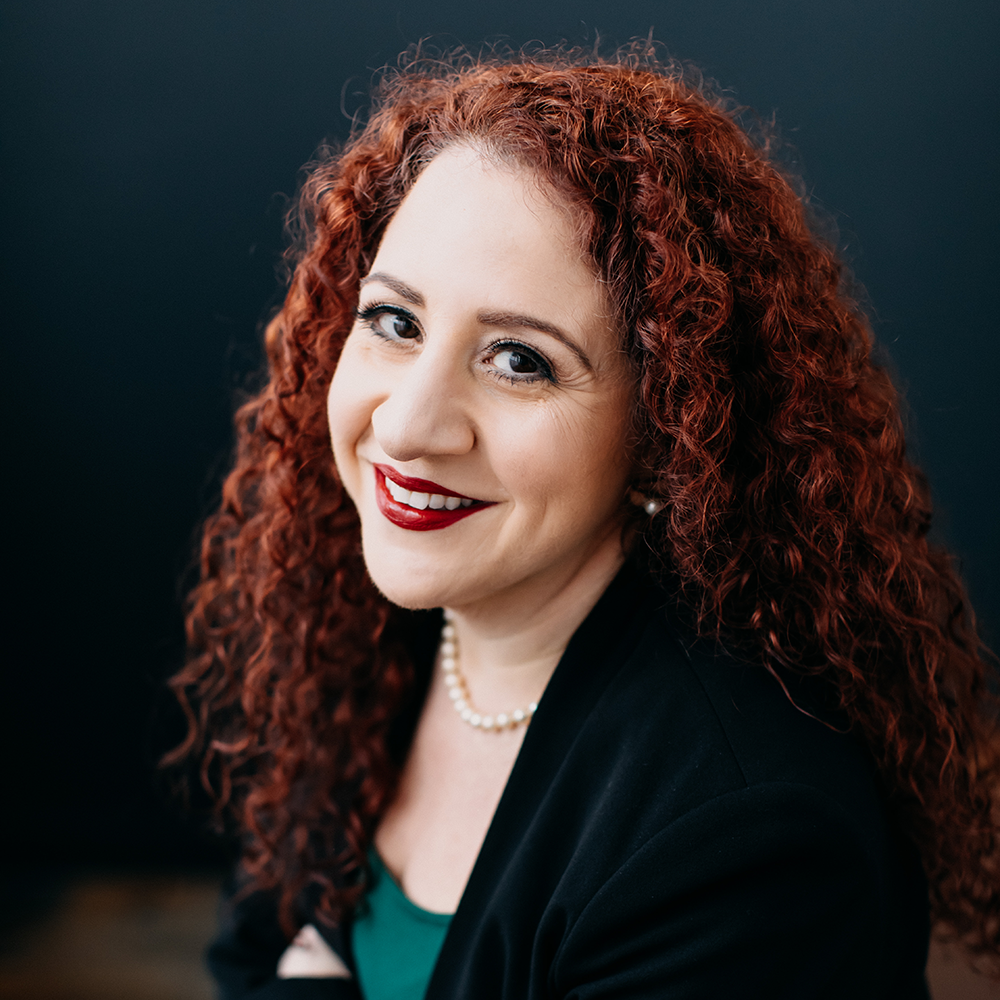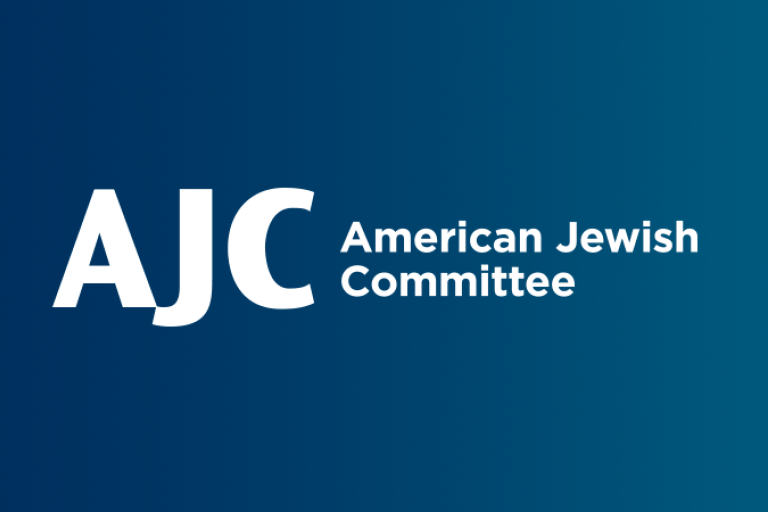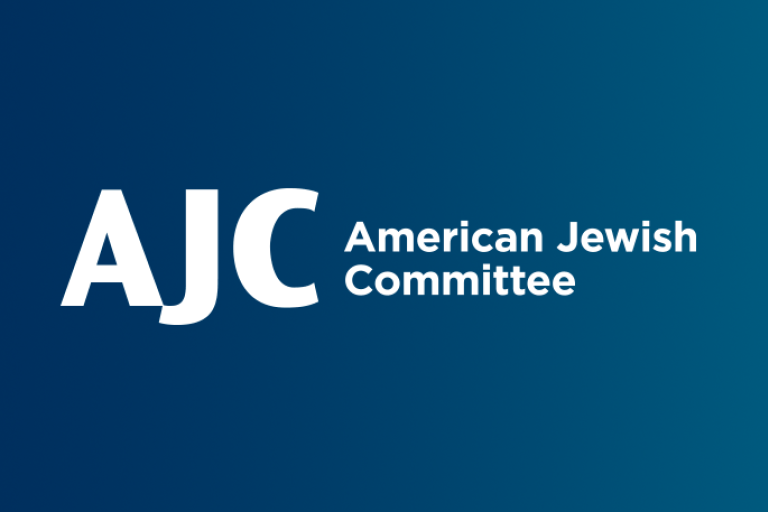April 28, 2021 — Louisville
This piece originally appeared in Real Clear Policy.
By Greg Fischer and Melanie Maron Pell
Hate is never an isolated incident.
Last month, a man murdered eight people in Atlanta, including six Asian American women. Less than a week later, another man took 10 lives inside a Boulder, Colorado grocery store.
Though the killers’ motives are unclear, the two deadly acts of violence bore an eerie resemblance to events in October 2018, when two African Americans were gunned down at a Louisville grocery store. Three days later, another assailant killed 11 worshipers in Pittsburgh’s Tree of Life Synagogue, the deadliest antisemitic attack in U.S. history.
While the victims ranged in religion, race, and ethnicity, the role of the cities’ mayors was always the same. They have comforted victims’ families and friends, and mobilized law enforcement to protect the city’s residents and most sacred spaces. They know all too well that when any community is attacked, the entire city is under siege.
Mayors must be committed to combatting all forms of hatred, which requires an understanding of how such bigotries manifest. To understand and combat the ancient hatred of antisemitism, American Jewish Committee (AJC) and The U.S. Conference of Mayors have called on U.S. mayors and municipal leaders to reject antisemitism unequivocally in all of its manifestations.
To date, more than 550 mayors have joined the initiative. They know condemning antisemitism should not wait for a deadly attack or swastika to appear on a playground. Antisemitism undermines fundamental democratic values, threatens the fabric of our communities, and incites violence.
Today we see a new level of white supremacy, previously hidden in dark corners, emerging in the public square. A central tenet of white supremacy is a belief that Jews are enlisting other minorities to seize political power and authority. This ideology permeated the online manifestos of the shooters at the Tree of Life synagogue building in Pittsburgh and the Chabad synagogue in Poway, California. It rose from the insurrection crowds at the Capitol on January 6th.
But it never starts or stops there. Debates about Holocaust education in public schools, bashing or boycotting Israeli exhibits at international festivals, or casual remarks at city council meetings that echo assumptions about Jewish power and wealth all create an uncomfortable climate for Jews.
Mayors and other municipal leaders must ensure all their residents feel comfortable living and working in their cities without fear of being attacked for who they are. Importantly, law enforcement agencies must track all hate crimes more thoroughly and accurately.
Since local law enforcement agencies are not required to track or report crimes committed against victims because of who they are, the annual FBI Hate Crimes Statistics report has provided an inaccurate assessment of the problem. 71 cities with a population of 100,000 residents did not submit any data or reported zero hate crimes. Nonetheless, the FBI data still found that Jews were the victims of 60.2% of anti-religious hate crimes, even though they comprise less than 2% of the American population and despite underreporting. AJC’s 2020 State of Antisemitism in America report found that 76% of American Jews who were targeted by an antisemitic attack or remark did not report the incident.
We urge the House to pass and President Biden to sign the National Opposition to Hate, Assaults and Threats to Equality (NO HATE) Act, a bipartisan bill that would improve hate crime reporting with grants to empower local governments to train law enforcement, create reporting hotlines, direct resources to minority communities and require local agencies to submit hate crimes data to the FBI. NO HATE passed the Senate by a strong vote of 94-1.
Knowing what hate looks like is half the battle, and antisemitism can take many forms. The far right, swastika wielding white supremacists in Charlottesville who preach hatred or deny the Holocaust represent only one. A virulent strain of anti-Zionism from far-left corners wants to deny Israel’s right to exist. Radical Islamists have embraced the antisemitism stoked by religious extremists dating back to early Christianity. And antisemitic conspiracy theories about Jewish elites, globalists, and bankers such as QAnon are now being shared by people who seek to serve as leaders themselves.
Unfortunately, for far too many mayors, it is no longer a question of whether their city will encounter bigotry-motivated violence but rather a question of when. But no city stands alone. Combatting antisemitism is inextricably linked to combatting all forms of bigotry, and for the sake of our cities and our nation, we must remain united in this fight.
Louisville Mayor Greg Fischer is President of the U.S. Conference of Mayors and Melanie Maron Pell is the American Jewish Committee’s Director of Field Operations.



